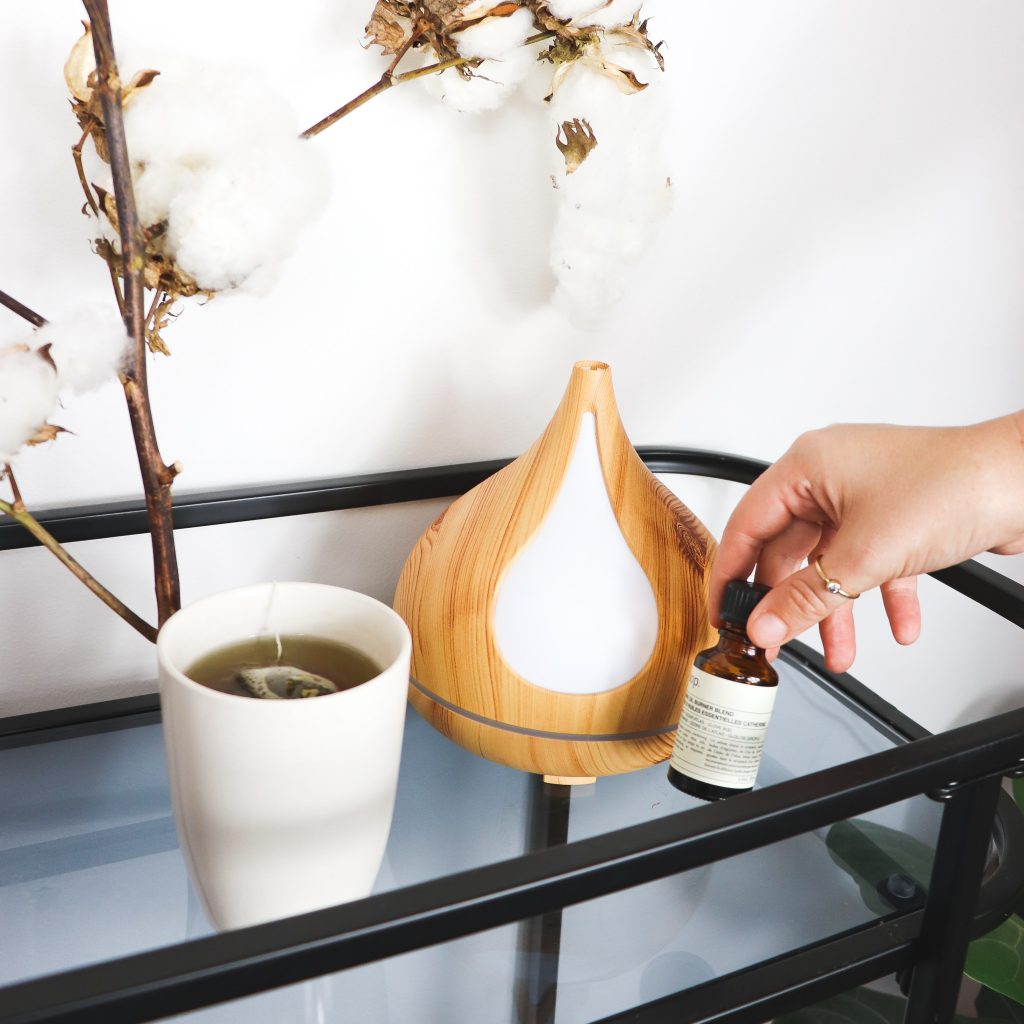Many times we focus on what we are putting into our body (food) and the things that go onto our body (personal care products) when it comes to the effects on our health.
But have you ever thought about the air that you breath on a daily basis?
What we breath makes a difference
The three main portals that effect our bodies are: Skin, Lungs, and Digestive Tract.
We focus on good nutrition: food and drink. These substances clearly go through the digestive system into our blood, then into our cells.
We focus on what we put onto our bodies because we absorb approximately 60% of whatever we apply onto our skin. Again, these substances are absorbed into our blood, then into our cells.
But how often do we think about the quality of the air we breath?
We have known for years that outdoor air pollution has negative impacts on our health. Difficulty breathing and cardiovascular issues, such as, heart disease and stroke can be the result of poor air quality. [1]
How clean is the air in your home and workplace?
Think about the amount of time you spend indoors. Now think about the time you spend outdoors. Give it a moment for that to really sink in.
If you are anything like me, out of a 24-hour cycle, I spend a very small percentage of time outdoors.
Therefore, analyzing the quality of our indoor air is worth taking a look at.
Here are a few things that will impact your indoor air:
- The products used to keep our areas “clean”
- Air fresheners
- The method used to cook our foods
- Heating and cooling systems
- Off-gassing of furniture, construction materials, fabrics, etc.
- The outdoor air quality
Let’s take a look at each category, and see if there is any room for improvement.
The Products Used To Keep Our Areas Clean:
My previous blog post about Bleach and Lysol, unpack the research and results about using these common cleaning chemicals. The evidence is clear that common household and commercial cleaning products damage our lungs.
Common household cleaners affect our indoor air. Have you ever noticed how you need to open a window when you clean your bathroom?
The aerosols that are emitted as we spray surfaces go into our lungs and damage our health.
Fortunately, there are safe, natural and effective cleaning products on the market. When used in our homes, then they will not compromise our indoor air quality.

Air Fresheners:
I am amazed at how many people love to use air fresheners of all sorts, ranging from wax melts to plug-ins to sprays. The majority of these products on the market are synthetically produced, and they are just as dangerous as cigarette smoke. In fact, here’s an article saying just that.
Again, there are natural and safe options for air fresheners. Diffusing essential oils is one of my favorite ways to release safe fragrances in my home.
However, the online wellness company where I shop also has safe room plant based fragrance room sprays, wax melts, and candles that smell amazing and are affordable!
Methods of Cooking and Heating Affect Our Indoor Air Quality:
When cooking with natural gas, carbon monoxide, formaldehyde and other pollutants are often released.
These harmful gases can affect pets and people with respiratory issues. If you or a pet exhibit breathing issues, it’s best to crack open a kitchen window while cooking if you do not have an overhead exhaust fan above your range.
Off-Gassing of New Furniture, New Construction Materials, Etc:
Another consideration are the VOC’s that are released from so many different sources: fresh paint, new furniture, any kind of building materials, even new fabrics.
The good news about these sources of indoor pollution is that the VOC’s decline with age.
Outdoor Air Quality:
Ultimately, the air in our homes is connected to the quality of the air outside our homes. If you live in a city where the air pollution is consistently high, then you will need to take extra care in keeping your furnace and air conditioner filters are meticulously clean.
If you don’t have central air conditioning, the hot summer months are especially challenging. Window air conditioners and small free-standing units are helpful, if not essential, to keeping your windows closed in order to keep the outdoor polluted air to circulate into your home.
Do The Best You Can With The Best You Have
As you can see in the above list, some things about indoor air quality are in your control; while other things are simply out of your control.
Do the best that you are able to in order to have the best possible indoor air quality.
At the end of the day, be mindful with your health, and leave the rest in the Hands of God!

